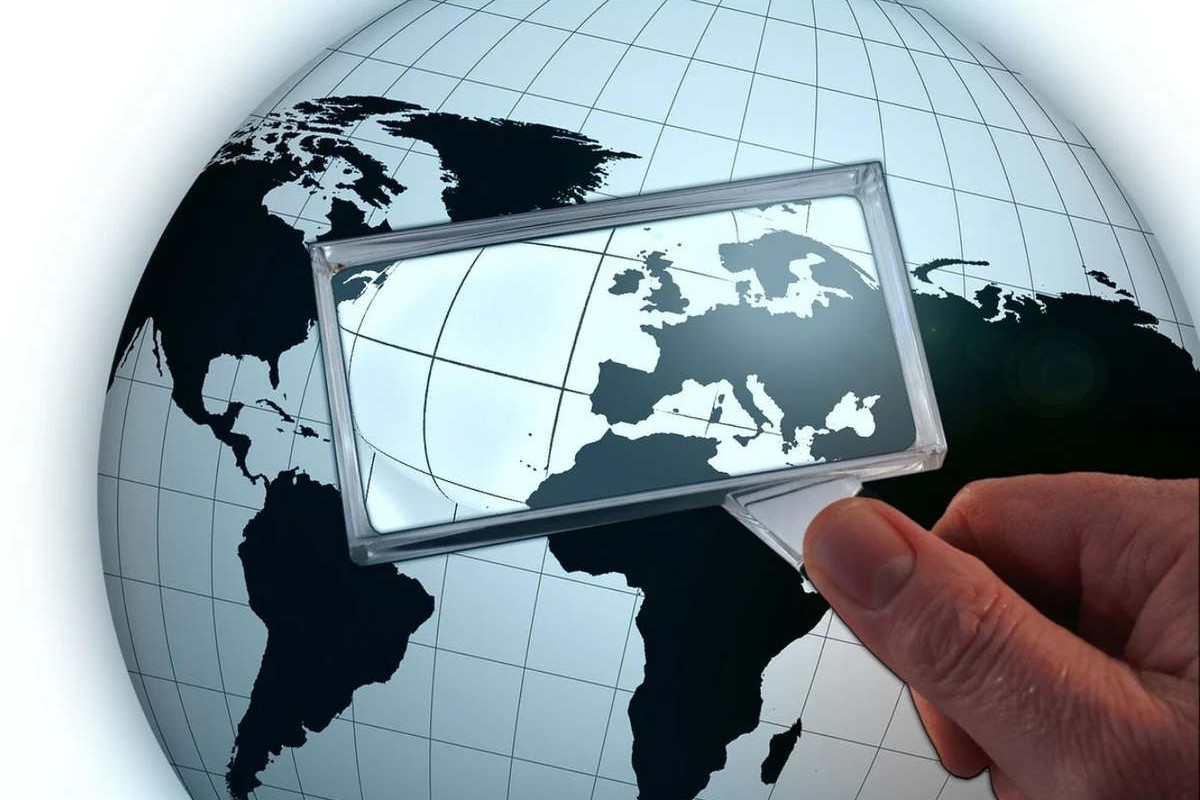The Australian submarine affair is not simply a commercial failure for France. It heralds a recomposition of the world in which Europe is sidelined.
The unilateral breach of a contract for the delivery of twelve conventionally powered submarines to Australia, at a cost of approximately $50 billion, in favour of American nuclear-powered submarines, is not a trivial business deal gone wrong. It is true that France has lost the “contract of the century”. But this failure has a broader geopolitical significance. It bears witness to the new alliances that are being forged between the major blocs.
From Yalta to Shanghai
The world drawn at Yalta in 1945 is breaking down and being recomposed before our eyes. More than 70 years ago, while the war was still going on, the Americans, British and Soviets were already preparing a new international order. Two years later, in 1947, two antagonistic blocs were to oppose each other: on the one hand, the Western camp, dominated by the United States, which controlled the North Atlantic Treaty Organization; on the other hand, the USSR and its satellite countries of Eastern Europe, soon to be joined by People’s China and Cuba.
Today, at the end of 2021, the world is dominated by three international politico-military treaties: the famous AUKUS (Australia, UK and USA) revealed on September 15, 2021, openly directed against China; the Shanghai Cooperation Organization (SCO) created in 1996 at the initiative of Moscow and Beijing and the North Atlantic Treaty Organization (NATO) created in 1949. NATO is currently composed of 29 member states dominated by the United States.
The Sino-Russian reaction
The development and power of China over the last 30 years have reshuffled the cards of the world order and shifted the center of gravity of American interests to Asia. Europe and its divisions are no longer sufficient allies in this new situation. Biden’s America prefers to strengthen the tripartite military alliance (with Australia and the United Kingdom) to counter Chinese expansionism.
The Sino-Russian reaction was not long in coming. At its 21ᵉ summit held in Dushanbe, Tajikistan, on September 18, 2021, the SCO welcomed with open arms as a full member, the Islamic Republic of Iran, which had been waiting for this moment for 13 years. “The presence of the Islamic Republic of Iran as a key member of the SCO creates a strong economic link for the people of our country, which means connecting Iran to the economic infrastructure of Asia,” welcomed the new Iranian President Ibrahim Raissi as the country tries to emerge from its isolation. With 83 million people, a GDP ranked 20ᵉ in the world and immense natural resources, Iran is a country to be reckoned with.
And what about France in all this?
In short, the submarine affair has incalculable consequences for the recomposition of the world’s economic and military alliances. The United States, the United Kingdom and Australia now form a bloc determined to counter China’s ambitions, but they will now have to rely on the Eurasian camp, which does not intend to let the American diktat be imposed.
In this new concert of nations, Europe has been left out, betrayed and despised by Uncle Sam and his affiliates, Australia and the United Kingdom. France, in particular, is the great loser in this reorganization of the world. Not only because of the loss of the “contract of the century” from which it will recover. But because it now knows that it is no longer a great nation.
Its future is linked entirely to that of the European Union. An EU of the peoples that will have to emerge from its multiple financial, migratory and political crises. A Europe that will no longer be the vassal of the United States. It is only on this condition that it will be able to regain its independence and decide, at last, on its own destiny.

